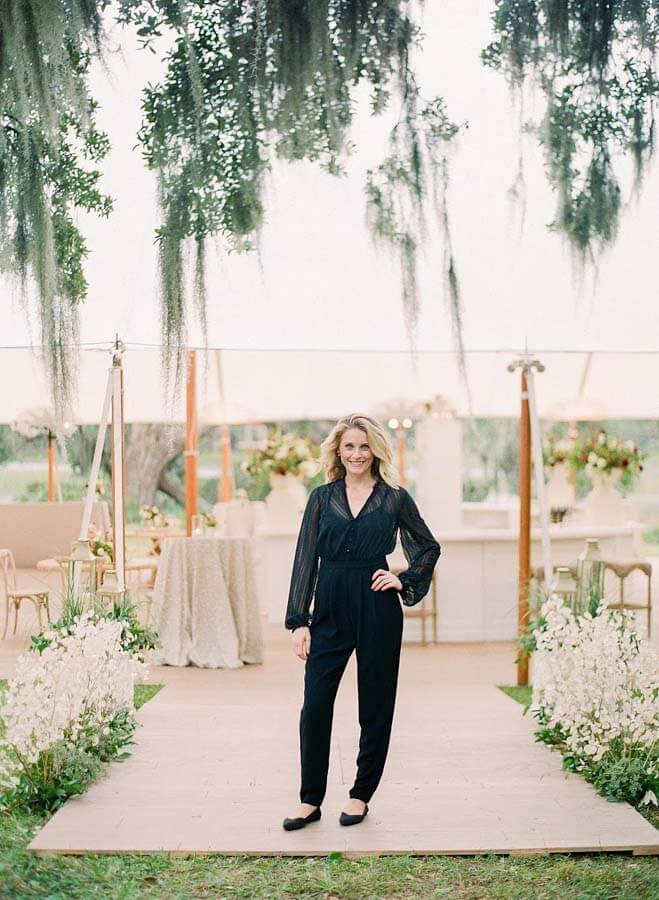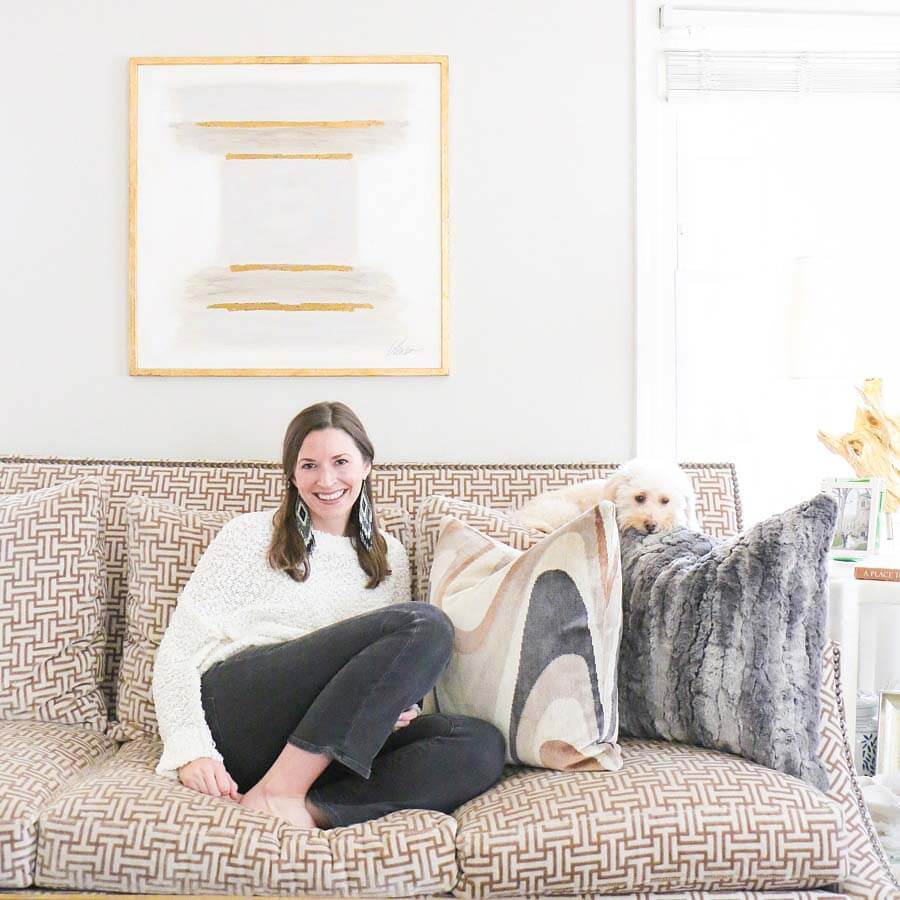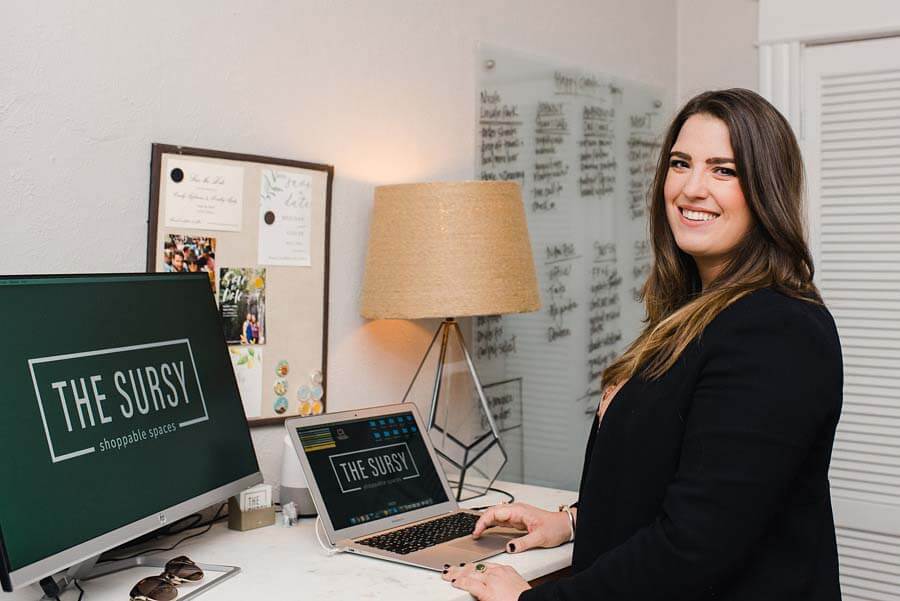“Be your own boss.” This notion is glorified by society, and it’s tempted some to make huge changes. It’s scared others into staying at an unfulfilling job for just one more year. Many have made that entrepreneurial jump and failed the first few times. Others are growing and thriving. Yet all are still learning and making it up as they go.
We spoke to some of the South’s most creative and industrious business owners to hear how and why they took the leap. We also gleaned their best advice for others with the “be your own boss” itch. Their advice is priceless whether you’re a hopeful business owner or not.
How Six Southern Entrepreneurs Got Their Start
PATRICK WOODYARD | Nisolo
Handcrafted, ethically made leather goods
Based in Nashville, TN
Founded in 2011
In its first decade, Nisolo has become synonymous with style and quality leather, but the story runs much deeper. Founder and CEO Patrick Woodyard studied global economics and business and double majored in Spanish at Ole Miss. Much of his college years were spent working with entrepreneurs in developing countries. “During that time, a passion for two things emerged: business and social/environmental impact. I wanted to find something that merged the two,” Patrick says.
He ended up taking an economic development job in Trujillo, Peru. “After meeting remarkably talented shoemakers in the city, I learned that they shared common barriers with entrepreneurs in other parts of the developing world,” he tells us. Their greatest challenge was accessing the global market to sell their goods. This struggling industry in Northern Peru employed more than 100,000 people, and Patrick envisioned the impact he could ignite if he started a fashion label that committed to ethical production and nurturing these worthy producers. The Nisolo team is committed to developing intentionally designed, ethically made and fairly priced goods that ensure everyone — from the first supplier to the end consumer — is treated with the respect and dignity they deserve.

Patrick’s best advice for hopeful or established entrepreneurs:
“People make and break a business: hire slowly and fire quickly. It’s about getting the right people in the right seats on the bus. When Nisolo was operating with limited funding for the first few years, it taught us that less is more — don’t over-complicate the business model. Over the years, I’ve also learned to emphasize working on the business instead of in it. This means getting outside of your own head and beyond daily tasks. We call these ‘balcony views’ because they’re times to think strategically or creatively. Now, we have multiple yearly staff retreats and a process for establishing objectives and results. Lastly, I’ve learned that clear direction is key. For all of the times I’ve been most frustrated with individuals on the team, there’s an argument to be made that clearer direction could have been given on my end. Go the extra mile to clarify exactly what needs to be done, then trust the team to make it happen in their own creative way.”
RELATED: Great Shoes, Great Price, Ethically Made: Nisolo Shoes
REAGAN KERR | Reagan Events
Luxury and special events
Based in Charleston, SC
Founded in 2012
Reagan Kerr, founder of Reagan Events, comes from a family of entrepreneurs and heard the line “be your own boss” throughout her life. “Both of my grandfathers have their own businesses (still!), and my parents own businesses, so naturally, I started my own,” she says. Reagan was 24 years old working as a senior event planner for a Charleston-based company and found herself asking what’s next? “I loved the wedding industry but was quickly losing my passion because of a negative office dynamic.” Then, out of the blue, a dream client fell into Reagan’s lap. This client sought her out individually, although she hadn’t yet established her business. It was an opportunity she couldn’t turn down, and she immediately squashed any self-doubt by reminding herself that they were asking her to do exactly what she had been doing for years. “After the initial phone call with this dream client I remember saying to myself, ‘Well, I guess I’m starting my own business!'” Her passion for event planning was instantaneously reignited, and she quickly understood her family’s entrepreneurial sentiment.

Reagan’s best advice for hopeful or established entrepreneurs:
“I’m a believer in trusting in the universe and that the energy you project is what you will receive in return. If you live in a state of fear, you will attract reasons to continue worrying. But if you resiliently believe that you will achieve your dreams, doors will open. There will always be uncertainty, particularly as an entrepreneur, but it’s how you embrace the uncertainty that will dictate what may come. You only grow and become better by stepping outside of your comfort zone and trying new things. Your failures are more valuable than your successes because they teach you where to improve. Fear will only hold you back. Take the leap. If it doesn’t work out, at least you can say you tried.”
ALEX & CONNIE MATISSE and JOHN VIGELAND | East Fork
Thoughtful, durable, handmade ceramics
Based in Asheville, NC
Founded in 2009
East Fork was founded in 2009 by Alex Matisse on an old tobacco farm outside of Asheville, NC. He built a large, wood-burning kiln and started making pots in the tradition of his teachers that were deeply rooted in long-standing Southeast ceramic practices. Shortly after, he was joined by his now-wife, Connie Matisse, and fellow potter, John Vigeland. In 2016, they launched the dinnerware collection that is now synonymous with the name East Fork. “When we started scaling our business and processes, a lot of folks started asking if we missed ‘making things by hand’ or ‘making our art,’” Alex says. Today, more than 70 people work at East Fork, and unlike many trending homeware and kitchenware businesses, they make everything they sell. “Our sales and marketing teams, fulfillment teams, and production teams eat lunch together, work cross-functionally and hang out after hours. We use our business as a platform to contribute towards a more joyful and equitable world with kindness, compassion and accountability driving our business choices. We strive to build sincere, generous human relationships with each other, our customers and our community,” Alex says.

Connie Matisse’s best advice for hopeful or established entrepreneurs:
“The resounding battle cry to and of millenials to follow our hearts and find what you love and make it your work and you will never ‘work’ a day and other such nonsense has done us all a major disservice. What I see all the time is people with a beautiful, real skill, craft or passion take someone’s advice to turn that skill, craft or passion into their paycheck. Say you’re a person who’s always had a love for clay. You come alive when you’re at the wheel. You decide you’re going to quit your day job to pursue it full time. Pause! Do you want to make pottery, or do you want to run a pottery business? Do you want to have beautiful dinner parties for your friends, or do you want to run an event business? Choosing to capitalize on the things in your life that fill you up at a soul level should not be taken lightly. Make your craft or your passion into your business only if what you really want to do with your life is run a business — from geeking out over process improvements, making and understanding budget variance reports and managing humans.”
WHITNEY CAUDLE KELLY | Piper
Decorative throw and outdoor pillows
Based in Charlotte, NC
Founded in 2012
Whitney Caudle Kelly grew up engrossed by her mother’s retail and interior design businesses. She jokes, “I pretty much inherited her love for style and design.” Whitney went on to study textile design at the University of Alabama and decided to use her degree to start her own company, but she didn’t know what she wanted to make. “My mom always told me there was a need for well-made, designer-friendly and custom-looking pillows. I would walk the Atlanta Market with her and didn’t love any of the pillow lines. I knew there was room to grow in the field.” Whitney began developing Piper as her senior exit project in college. “I moved back to North Carolina after graduating and worked with various manufacturers and fabric vendors to launch a small line of pillows in 2013. Eight years later, and here we are!”

Whitney’s best advice for hopeful or established entrepreneurs:
“Support from friends and family is key. Owning a business is gratifying, fun, scary and — most of all — difficult. There is no owner’s manual. It’s a learning experience, and you have to roll with the punches and take it day by day. If you don’t have a support system where you can turn to when you have your down days, it can get really hard and lonely. Be prepared to wear 10 hats in one day and also be prepared to do the grunt work. Don’t be afraid to take chances and absolutely stay true to you and your vision for your business!”
DAVID LATIMER | New Frontier Tiny Homes
Luxury tiny home builder and designer
Based in Nashville, TN
Founded in 2015
The seed of New Frontier Tiny Homes was planted when founder and CEO David Latimer experienced a major professional disappointment. He was forced to contemplate how he wanted to spend his working hours, the impact he wanted to have on the people around him and the legacy he wanted to leave behind. During this time, David stumbled upon the tiny home movement, and it awoke something powerful in him: a sense of clarity and purpose he hadn’t felt in his professional life. Tiny homes are a confluence of many things David is passionate about. In his words: 1. Original, unique design — design is my first love, and I love that I have total control of all three design facets: architectural design, interior design and staging/decor. 2. Quality craftsmanship. 3. Intentional living — understanding what you actually use and need, and eliminate the superfluous to cultivate a life of experience instead of the acquisition of status and stuff. 4. Affordable and attainable housing — designing high-quality homes that add inventory to the housing market. 5. Reimagining the American Dream — cultivating a life with a great sense of purpose and owning a home without crushing debt or a 30-year mortgage. 6. Sustainability — reintegrating our lives with nature, using less, wasting less, relying on civic utilities and contributing to their volumes as little as possible. 7. Community — redefining what that means in both urban and rural settings. What a beautiful amalgamation of things that actually come together to form a simpler, functional product.

David’s best advice for hopeful or established entrepreneurs:
“You’ve got to learn very quickly whether people are interested in your product or service. Excitement is the first cue. Stated desire to buy it is the next. But excitement and ‘I’d like to buy that’ do not make a business. Only actual purchases matter. Create the minimum viable product and see how it performs. I’m a perfectionist. If you are, learn to compromise quickly in the beginning. Done is better than perfect. Trust me, this slays me even five years into my business. Don’t get me wrong, my perfectionism has helped produce some great work that gives me my competitive advantage and differentiates me in the market. But learn what features and components actually add value in customers’ minds. And scrap the energy spent on precious details that only you will notice. I could’ve saved a lot of time and energy by following this principle.”
RELATED: 6 Nashville Entrepreneurs Share Their Best Advice
LAUREN RICHARDSON | The Sursy
Fully shoppable short-term rentals
Based in Denver, CO; Opening in a soon-to-be-announced Southeastern city …
Founded in 2018
Lauren Richardson, from Charlotte, NC, started The Sursy (a ‘sursy’ is a Southern term for an unexpected souvenir) after noticing that the retail, hospitality and design industries were converging “at a pretty rad intersection,” Lauren says. After graduating from the University of Georgia, Lauren began working for an experiential agency in San Francisco and noticed experience-based, immersive pop-ups popularizing as ways for brands to connect with customers authentically. “I frequently stayed at Airbnbs, and on one work trip to Chicago, I really wanted the coffee table book where I was staying. It wasn’t necessarily one-of-a-kind, but it held sentimental value for me as a reminder of fun times I’d had staying in this place. I went home with that coffee table book and the roots of The Sursy, a retail-meets-hotel concept, were born.” It made perfect sense to Lauren: turn short-term rentals into liveable galleries to showcase and support local artists, makers and creatives. Today The Sursy operates two shoppable Airbnbs in Denver with three more opening soon and expansions to emerging markets in the Southeast on the horizon in 2020.

Lauren’s best advice for hopeful or established entrepreneurs:
“Just start! There’s never going to be a ‘right’ time, and you’re never going to know everything you need to know to get where you’re going. Building a business is a journey, so embrace the fact that you don’t know what you don’t know. Ask for help, guidance and support when you need it, be receptive of criticism but protective of your vision, and simply take action, every day, towards making your vision a reality.”
Excellent advice from all! If you’re interested in starting your own company, a quick Google search for startup incubators or entrepreneur centers in your area will connect you with resources and potential funding.
**********
For the best of the South — straight to your inbox! — subscribe to our newsletter HERE!



















